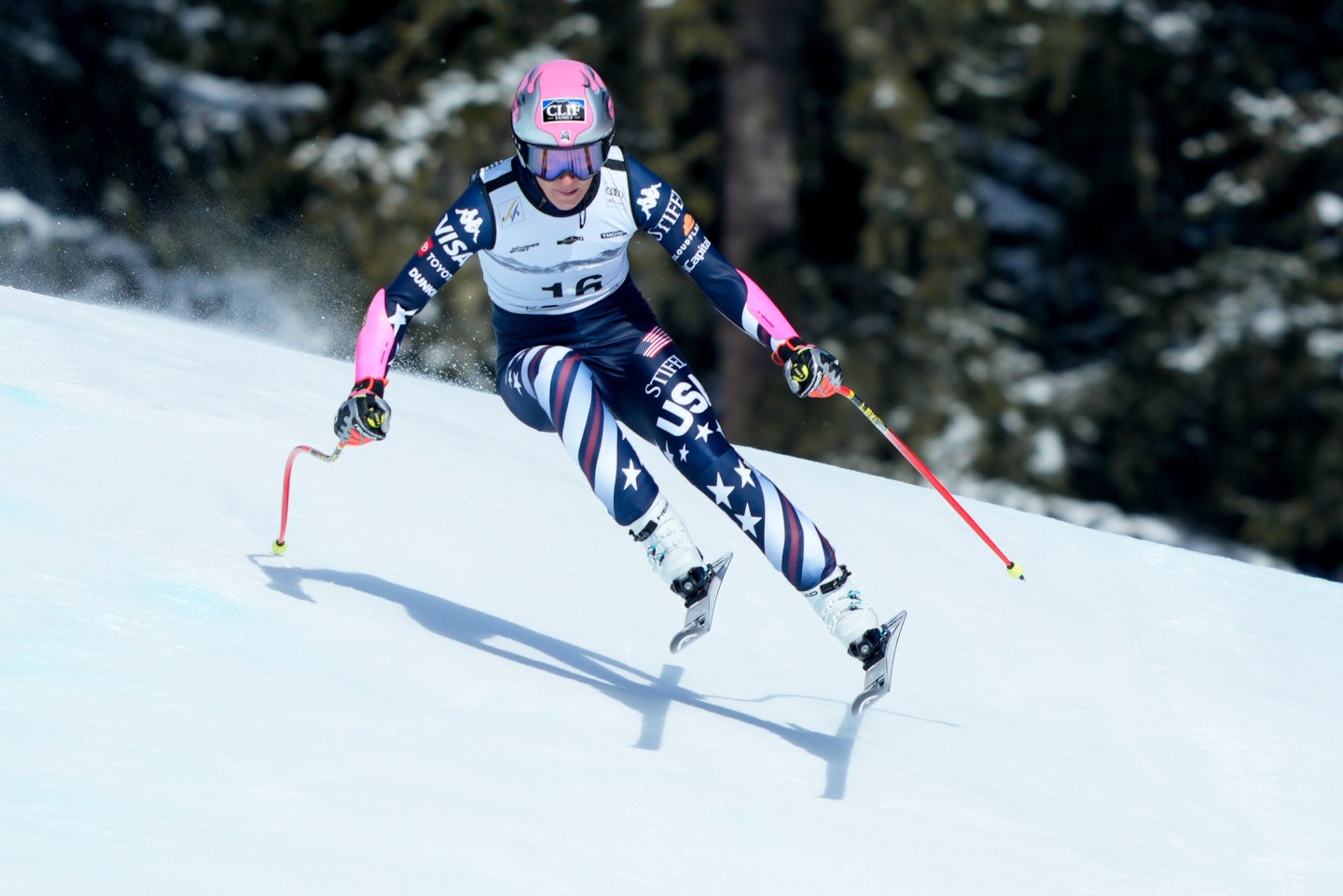If the arrival this week of the Biden administration and its COVID-19 action plan stirred cautious optimism that the pandemic might soon come under control, a spate of corporate announcements have shown there is still a long way to go before companies can resume normal operations.
Carnival Cruise Lines on Friday said it was canceling all U.S. cruises through April 30, as well as the European cruises on its Carnival Legend brand slated to set sail in May until the end of October. The operator, part of Carnival Corp., had canceled all departures from U.S. ports through the end of March only 16 days ago.
Meanwhile, the arrival of the new James Bond movie No Time to Die in theaters was postponed on Thursday for the third time, and is now slated to open on October 8, a year and a half after its original premiere date. Other moves such as Marvel’s Black Widow, Universal’s F9 have similarly been postponed. This week also saw speculation that the Summer Olympics in Tokyo, postponed from 2020, will have to be canceled altogether given the severity of the pandemic in much of the globe.
And on Thursday, United Airlines’ stock tumbled after the company reported another big loss and its CEO Scott Kirby told CNBC, “Until we can put as a society coronavirus in the rearview mirror, it’s going to continue to be a tough environment for aviation.”
This dose of reality is consistent with a warning last month from Dr. Anthony Fauci, the nation’s top infectious disease expert, saying that normal life for most Americans would not return until as late as fall.
The slow pace of vaccinations in the United States and other major economies has raised questions about how quickly the world will be able to put the pandemic in that proverbial rearview mirror.
According to a Bloomberg COVID-19 vaccination tracker, 5.6 doses have been administered for every 100 people in the United States as of Thursday, while many jurisdictions, including New York City have expressed worries they will run out next week.
On a more optimistic note, a number of large corporations have begun to help the inoculation process. Walmart will soon have its pharmacies administer the vaccine to certain populations in another seven states, in addition to New Mexico and Arkansas, where it already does so, according to a Reuters report. Starbucks and Amazon have also offered their help.
Meanwhile, Dollar General, Aldi, and Trader Joe’s are among the retailers that will pay workers to get inoculated in a bid to reduce the risk of workplace infections. And this week, meatpacker JBS USA and chicken company Pilgrim’s Pride said they will pay $100 to U.S. employees who voluntarily receive a COVID-19 vaccine as it becomes more widely available.












